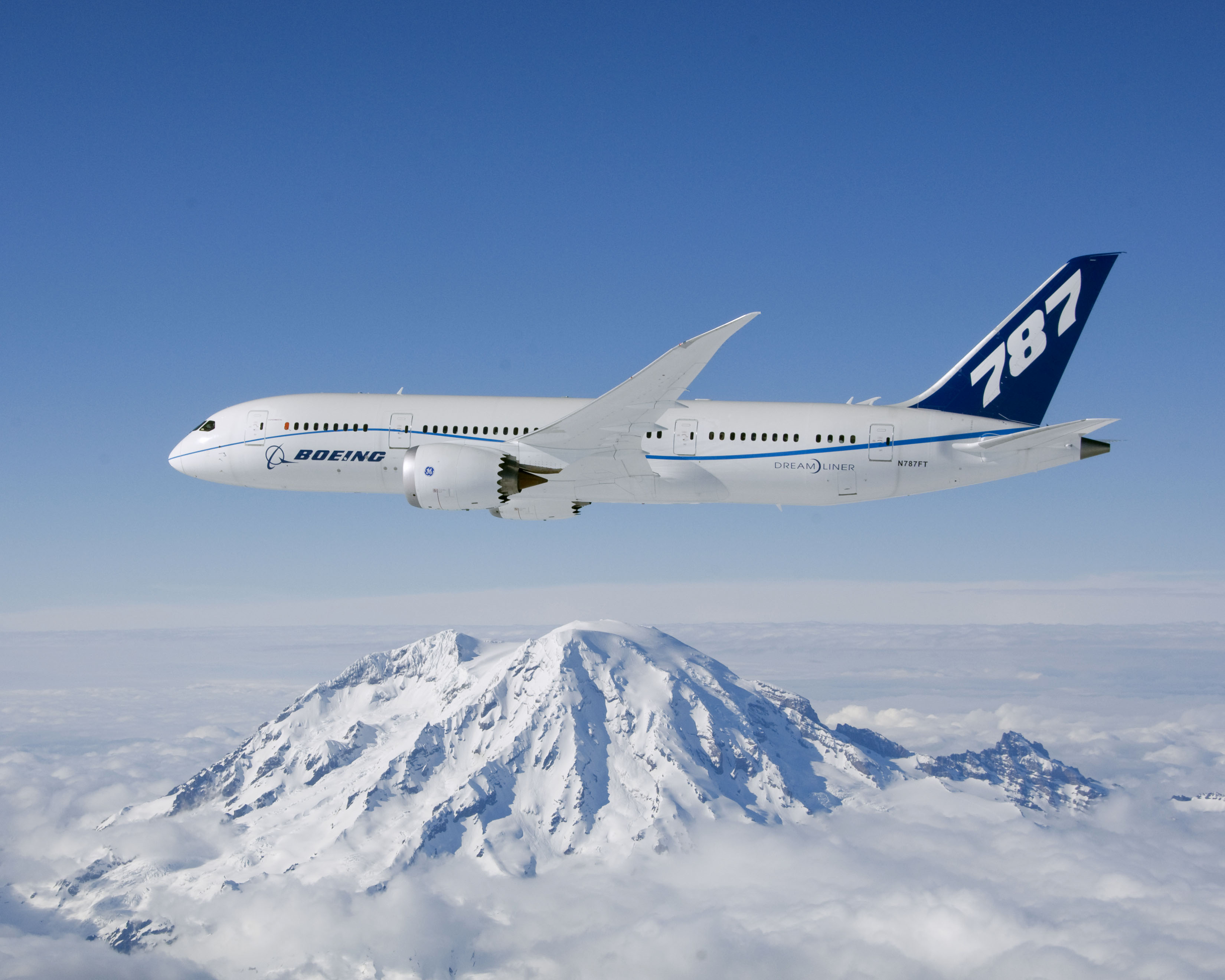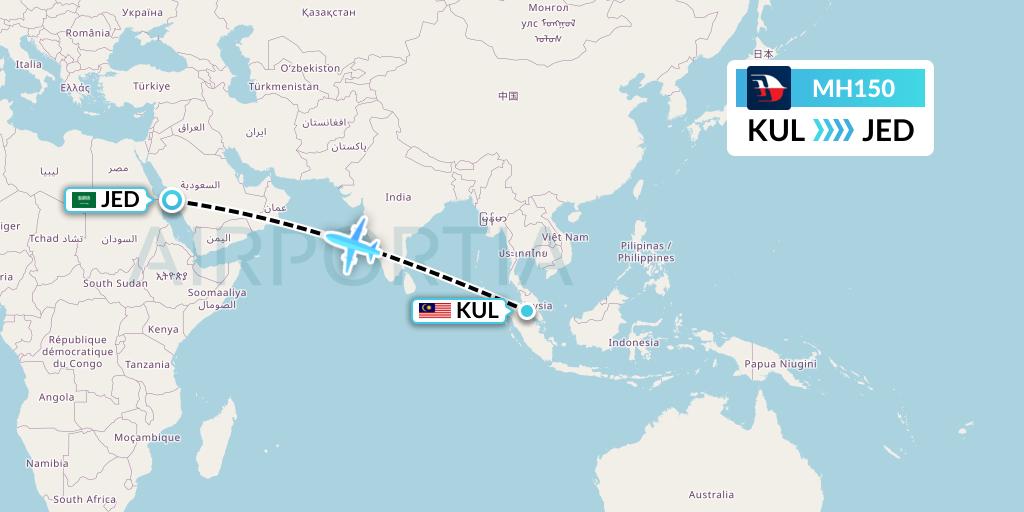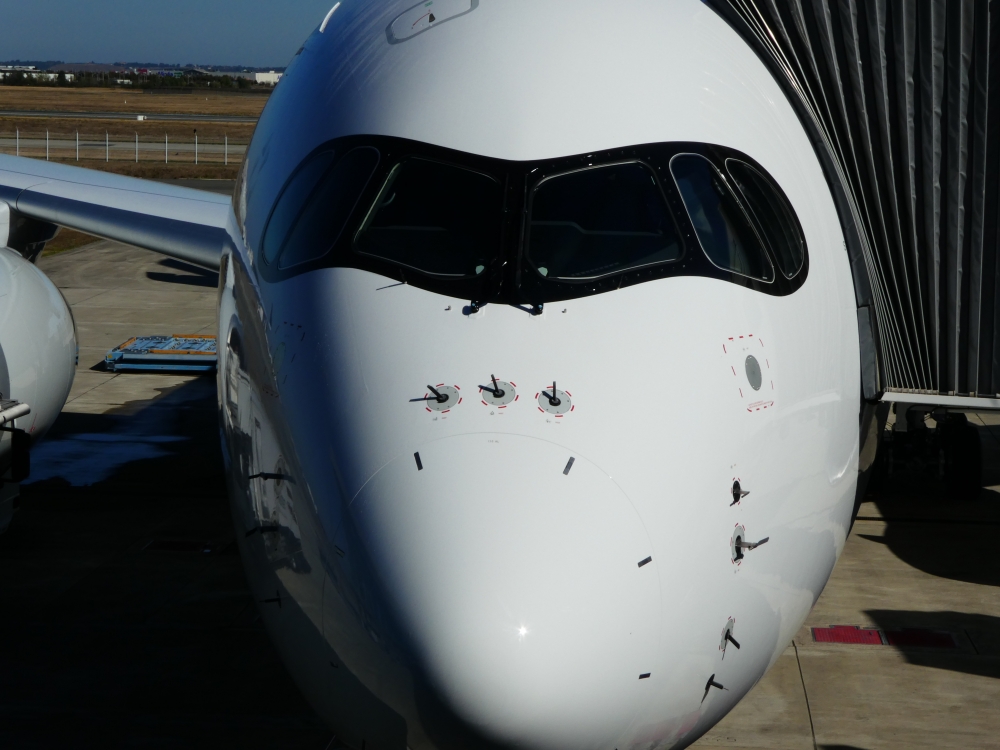Airbus is on track to meet its A350 production target of 10 aircraft a month by the end of 2018 after delivering 30 planes in the first half of this year, compared to 12 in the first half of 2016.
But continuing engine problems continue to cast a shadow over the A320neo and an announcement in the European aerospace company’s first-half results of another cut to A380 production has raised fresh doubts about the future of the superjumbo.
The European manufacturer delivered its 100th A350 to China Airlines earlier this week about 30 months after the start of production and has 847 firm orders from 45 customers.
Airbus has so far delivered the -900 version of the aircraft to 14 airlines worldwide and says it flying with an “outstanding” 99 per cent operational reliability.
A bigger version, the A350-1000, is currently in flight test and is expected to get type certification and be delivered to the first customer in the fourth quarter of this year.
“The A350 program is on track to meet the monthly production rate target of 10 aircraft by the end of 2018, the manufacturer said its results. “The level of outstanding work has improved in the industrial system and supply chain bottlenecks are improving.’’
Not going quite as smoothly is the A320neo program.
Airbus delivered 59 A320neos t in the 2017 first half, compared to eight in the same period of 2016, but the production ramp up remained “challenging” with customers still experiencing in-service issues with Pratt & Whitney’s geared turbofan engines.
“Engine supplier Pratt & Whitney has introduced some fixes but these improvements have not come through yet on a reliable basis under normal service conditions,’’ the plane-maker said. “Close to 200 A320neo deliveries are still targeted for 2017.’’
A lack of Airbus A380 orders led the manufacturer to cut deliveries in 2019 to eight aircraft.
It had previously announced it would cut production to 12 aircraft a year in 2018 and the further reduction will reignite speculation about the future of the four-engine superjumbo.
The results saw Airbus maintain its guidance for the full year as it reported group revenue flat at €28.7bn and net profit down 15 per cent to €1.5bn.
Revenues in the commercial aircraft business were up 3 per cent €21.8bn while earnings before interest and tax rose 157 per cent to €1.1bn.
The company received 203 net commercial aircraft orders in the latest half, up from 183 in the first half of 2016, to put the order backlog at 6771 aircraft at the end of June.
“The commercial aircraft environment remains healthy while the robust order backlog continues to support our production ramp-up plans,’’ Airbus chief executive Tom Enders said.
“However, we are facing challenges due to ongoing engine issues but we have a clear roadmap in place and have maintained our full-year guidance. Achieving the aircraft delivery target depends on the engine suppliers meeting their commitments.’’
























